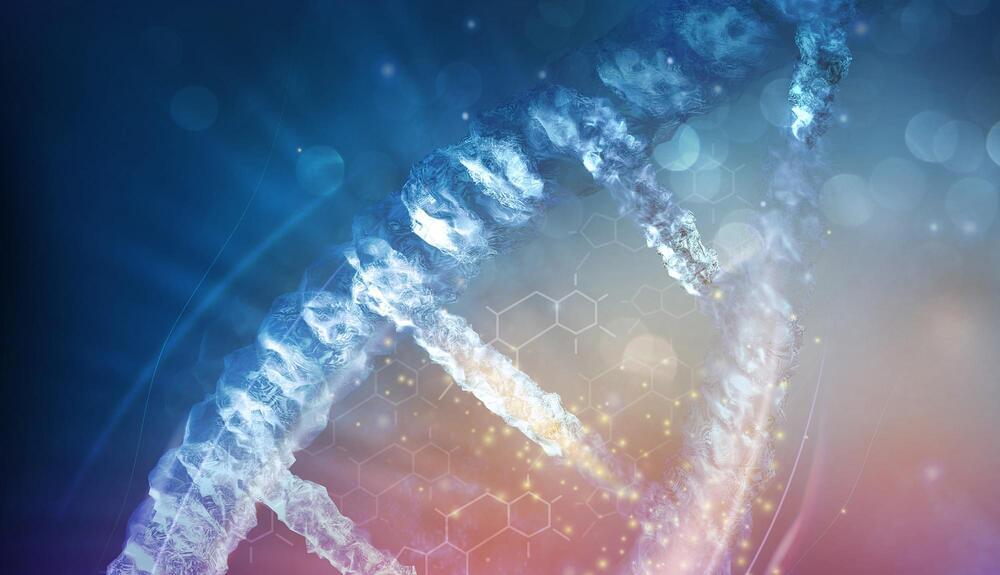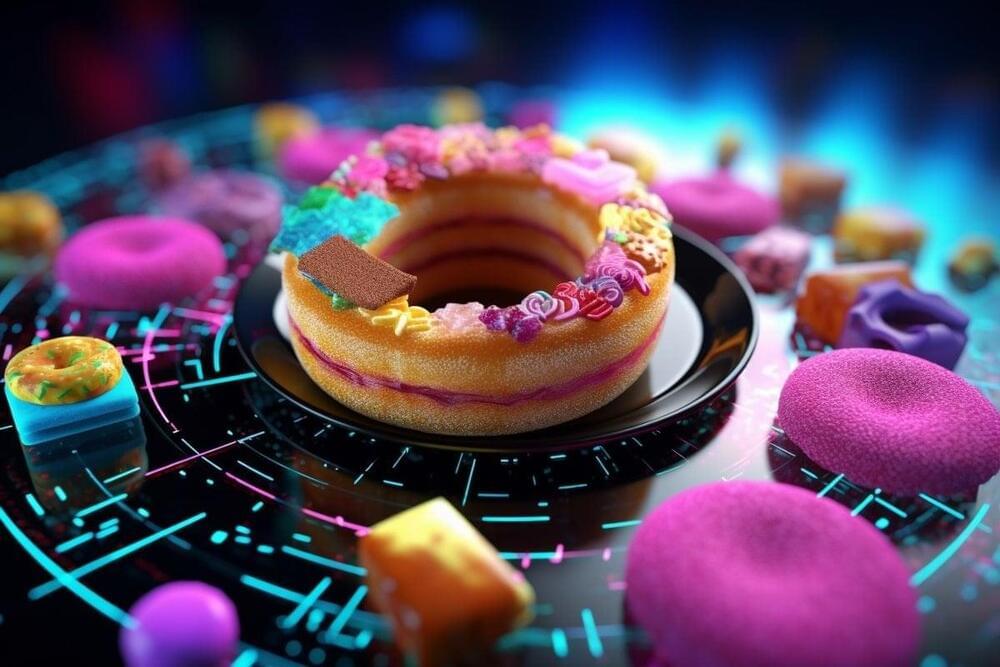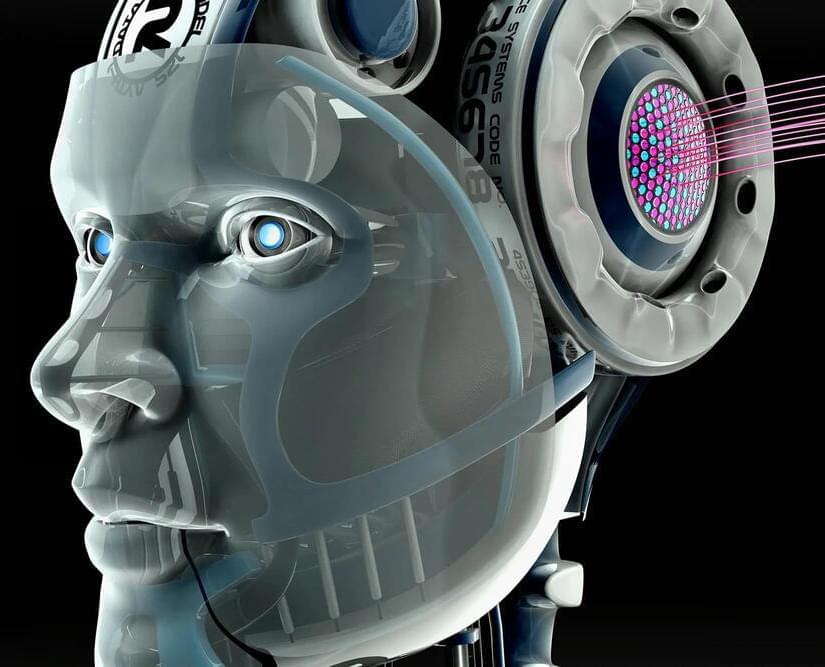Last video: The 2023 Tesla AI Update Is Here!
► Patreon: https://www.patreon.com/theteslaspace.
► Join Our Discord Server: https://discord.gg/zfMNSnuRQN
► Subscribe to our other channel, The Space Race: https://www.youtube.com/channel/UCeMcDx6-rOq_RlKSPehk2tQ
► Subscribe to The Tesla Space newsletter: https://www.theteslaspace.com.
Subscribe: https://www.youtube.com/channel/UCJjAIBWeY022ZNj_Cp_6wAw?sub_confirmation=1
Welcome to the Tesla Space, where we share the latest news, rumors, and insights into all things Tesla, Space X, Elon Musk, and the future! We’ll be showing you all of the new details around the Tesla Model 3 2023, Tesla Model Y 2023, along with the Tesla Cybertruck when it finally arrives, it’s already ordered!
Instagram: https://www.instagram.com/TheTeslaSpace.
Twitter: https://twitter.com/TheTeslaSpace.






